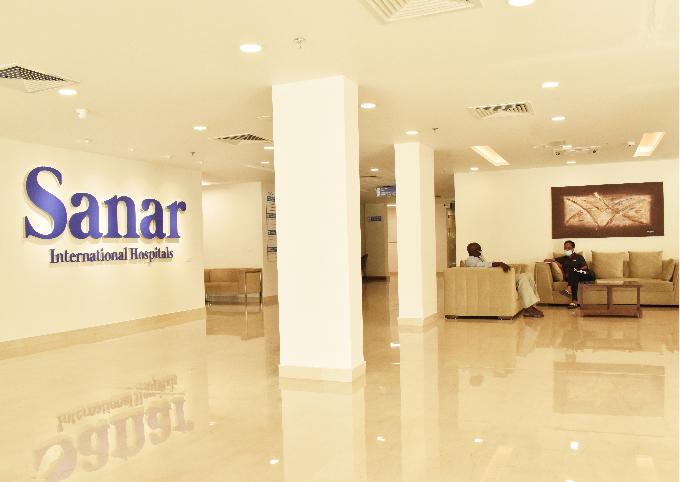Procedure Type
SurgicalProcedure Duration
2 to 4 hoursHospital Stay (Days)
1-4 DaysRadical prostatectomy is a major surgical procedure aimed at treating prostate cancer by completely removing the prostate gland along with surrounding tissues, including seminal vesicles. It is primarily recommended for men diagnosed with localized prostate cancer, meaning the cancer has not spread beyond the prostate. This surgery is considered a highly effective curative option, especially when cancer is detected at an early stage. The goal of a radical prostatectomy is to eliminate the cancer while preserving urinary and sexual function as much as possible.
Radical prostatectomy can be performed through different approaches, including open surgery, laparoscopic surgery, or robotic-assisted laparoscopic surgery. In open surgery, an incision is made in the lower abdomen to access and remove the prostate. In minimally invasive approaches, smaller incisions are made, and specialized instruments or robotic systems are used for more precision. Robotic-assisted surgery, in particular, has become very popular because it allows for enhanced visualization, better control, and quicker recovery. Regardless of the method, the procedure involves careful removal of the prostate while trying to preserve surrounding nerves critical for urinary control and sexual function.
Radical prostatectomy is usually recommended for patients with prostate cancer that is confined to the prostate or has only slightly extended beyond it. It is especially suggested for men who are in good overall health and have a life expectancy of 10 years or more. In some cases, the surgery may also be considered for patients whose cancer has recurred after initial treatments like radiation therapy. Proper evaluation, including imaging and biopsy results, helps doctors determine whether radical prostatectomy is the best course of action.

Associate Chief Urology & kidney transplant & Robotic Surgery

Senoir Consultant - Renal Sciences, Urology

Chief - Urology, Kidney Transplant Program & Robotic Surgery (Unit II)
Although radical prostatectomy is generally safe, it can carry some risks. Common complications include urinary incontinence (loss of bladder control) and erectile dysfunction (difficulty achieving or maintaining an erection). These side effects can vary based on the patient's age, health status, and the surgical technique used. Other risks include bleeding, infection, and damage to nearby organs. Many patients gradually recover urinary and sexual function over time, and various rehabilitation options are available to assist in recovery.
The cost of radical prostatectomy in India is considerably lower than in many Western countries while offering access to world-class medical care. On average, the cost ranges from ₹2,00,000 to ₹6,00,000, depending on the hospital, surgeon’s expertise, and whether robotic technology is used. This comprehensive cost often includes pre-operative evaluations, surgical fees, anesthesia, hospitalization, and post-operative follow-up, making India a preferred destination for international patients seeking affordable, high-quality prostate cancer treatment.
Radical prostatectomy offers excellent long-term survival rates for men with localized prostate cancer. Most patients achieve complete cancer removal and remain cancer-free for years after the procedure. Monitoring prostate-specific antigen (PSA) levels after surgery helps detect any signs of recurrence early. Advances in surgical techniques have greatly improved outcomes, ensuring that many men can maintain a good quality of life after treatment.

Gurugram, India

Gurugram, India

Gurugram, India
Honest Guidance, Reliable Support, Seamless Journeys.
Provide Us
Reports


Get Medical
Opinions


Pre-Arrival
Arrangements


Visa
Support


Assistance in
Treatments


Fly back and
Follow Up

